Switzerland defines strategy in Arab revolution
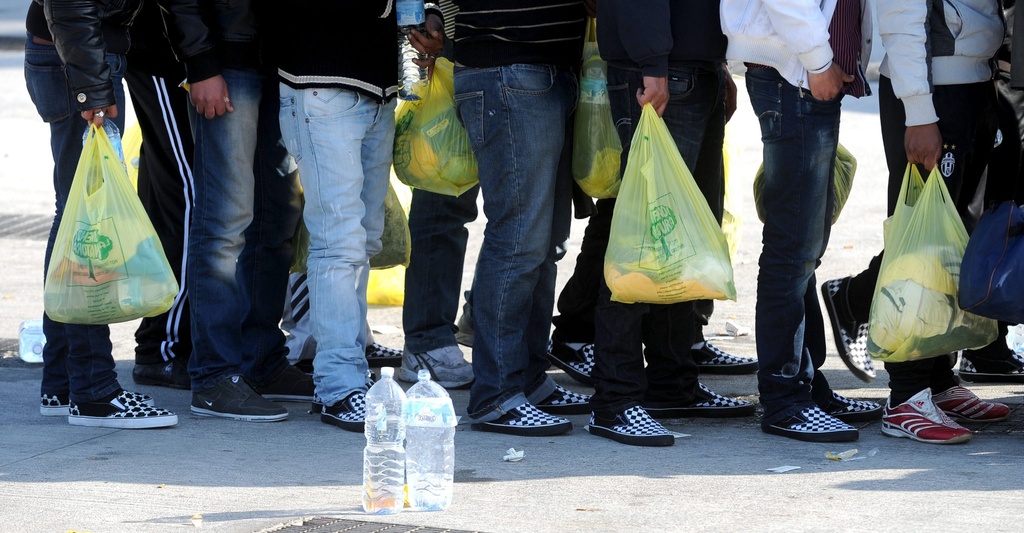
Economic cooperation, the return of stolen funds and migration are the priorities for Switzerland in North Africa and the Middle East.
That is how Swiss foreign ministry spokesman Lars Knuchel summarised the situation, addressing the media in Tunis on Tuesday.
Swiss ambassadors to the region had gathered in Tunis to further develop the basic strategy adopted by the Swiss cabinet in March in response to political turmoil in North Africa.
“The strategy covers the whole North African region – not just the countries in which there has been a revolution,” said Marcel Stutz, head of the foreign ministry section devoted to North Africa and the Middle East.
“Nevertheless, it is important to note that each country has its own history and difficulties. In any case you have to differentiate.”
“At the moment, the geographical focus is on Tunisia; we are collaborating well with the transitional government,” Stutz continued.
Training opportunities
In North African countries, it is mainly teenagers and young men who are unemployed, according to Stutz. Generally, they have no formal training, making it difficult for them to find work.
“Together with Swiss companies located in the countries in question, we are trying to integrate them into the working world. There is also the chance for some to do an internship in Switzerland by means of a trainee visa,” said Stutz.
A trainee visa allows young people to learn a trade in Switzerland for up to 18 months.
There has also been talk of a new type of apprenticeship that would make it easier for young people to spend a couple of months in Switzerland.
Yet according to Eduard Gnesa, migration ambassador for the Swiss Agency for Development and Cooperation, no decisions have been made on that front.
In Tunisia’s hands
“It is now up to the Tunisian government to launch criminal proceedings against individuals,” said Valentin Zellweger of the foreign ministry’s directorate of international law regarding the blocked assets of former dictator Zine el-Abidine Ben Ali and his clan.
“Switzerland will return the funds based on court rulings made in Tunisia.”
On Monday, Swiss Foreign Minister Micheline Calmy-Rey gave figures on how much money linked to North African potentates was currently blocked in Swiss accounts: about SFr60 million ($69 million) of the Ben Ali clan, about SFr400 million of the Mubarak clan and some SFr360 million of the Gaddafi clan.
Migration issues
Swiss authorities have said that they hope to improve the situation so that people won’t want to leave their homelands. About 600,000 people have left Libya since the outbreak of the war there, said Gnesa, but “only about 30,000 people have gone to southern Europe”.
Around 20,000 of those people are Tunisians who have lost their source of income in Libya. However, they are waiting to go back because they expect to be able to work there again later. According to Gnesa, Switzerland is trying to simplify their reintegration into Tunisia.
Others who have made it to southern Europe are political refugees from places like Somalia.
Switzerland is still committed to the Schengen/Dublin agreements, which define the European border while sending refugees back to the country where they entered Europe.
“Schengen/Dublin is working,” said Gnesa. In March, Switzerland sent 5,000 people back to their countries of entry while taking in 780 in keeping with the international accords.
“There is also a migration from Europe to Tunisia and Egypt,” noted Gnesa. “At the moment there are not very many people who return, but the return migration could grow.”
The foreign ministry has initially promised SFr12 million for projects and measures in North Africa and the Middle East the areas of humanitarian aid, migration, structural reform, economic development and the fight against poverty.
For 2011 and 2012, SFr20-30 million from the budget of the Swiss Agency for Development and Cooperation has been earmarked for development cooperation in the southern Mediterranean area.
Switzerland froze assets linked to Tunisia’s ousted president, Zine el-Abidine Ben Ali, and about 40 people in his entourage on January 19, less than a week after he was toppled.
In February, Switzerland froze assets belonging to Hosni Mubarak of Egypt and his associates. Mubarak’s worth remains a mystery, but claims that he and his sons amassed up to $70 billion helped drive protests that brought him down.
In both cases, the money is frozen for three years. If the illicit origin of the assets is proven within that time, Swiss authorities and Egyptian and/or Tunisian authorities will have to define a pattern for restitution.
If it cannot be demonstrated within the framework of a criminal law procedure or a mutual legal assistance proceeding, the assets will have to be unfrozen.
If Tunisia or Egypt were to be incapable of successfully undertaking criminal proceedings and if the mutual legal assistance procedure with Switzerland were unable to move forward, the Federal Council could decide to apply the new Act on Restitution of Illicit Assets, which came into force in February.
(Translated from German by Susan Vogel-Misicka)

In compliance with the JTI standards
More: SWI swissinfo.ch certified by the Journalism Trust Initiative
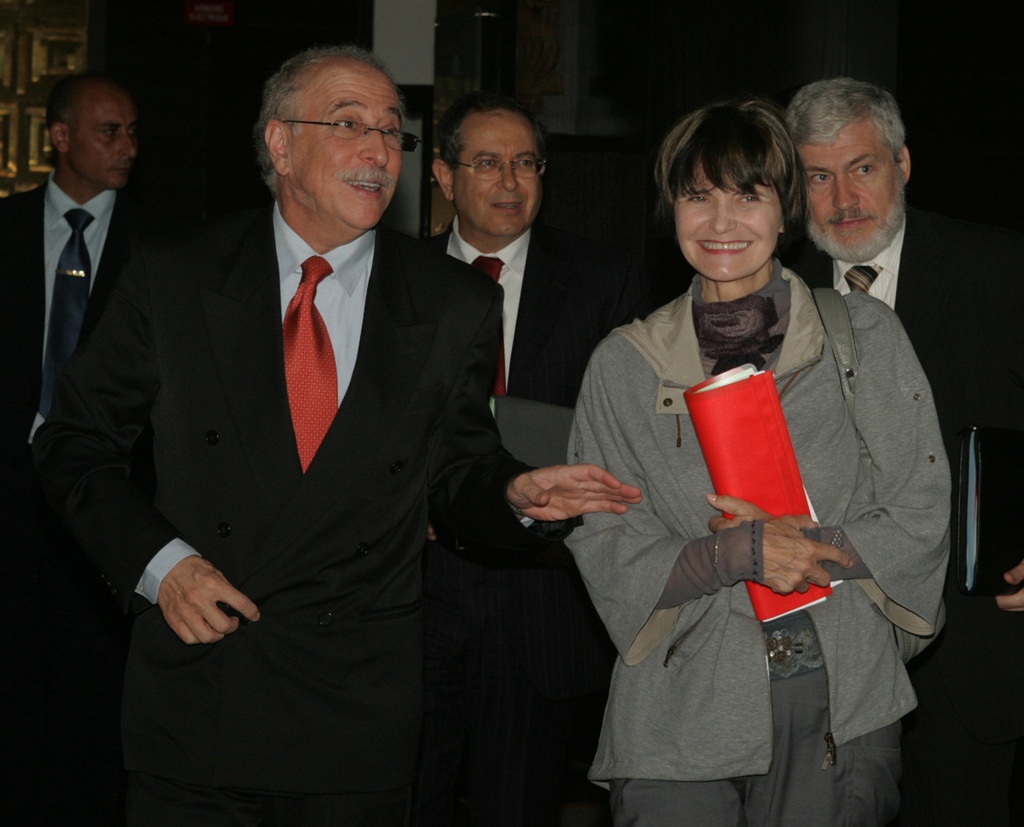
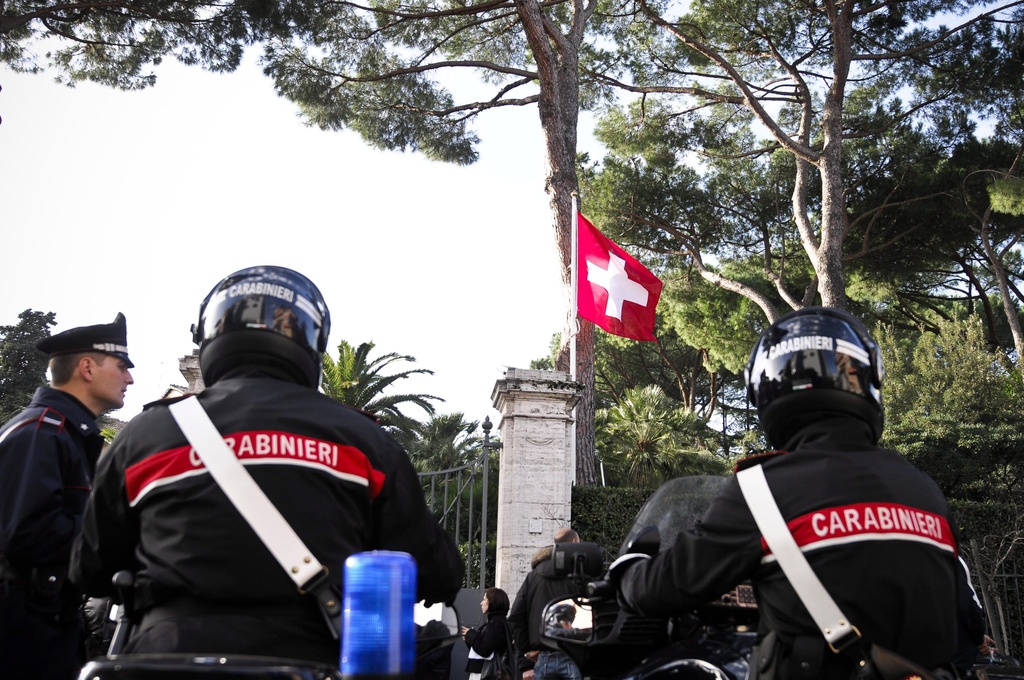
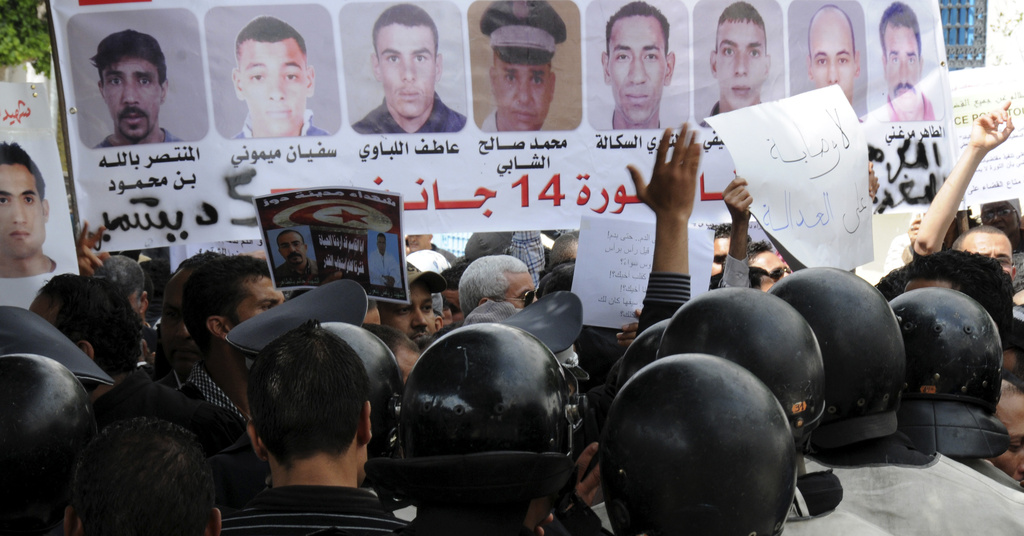
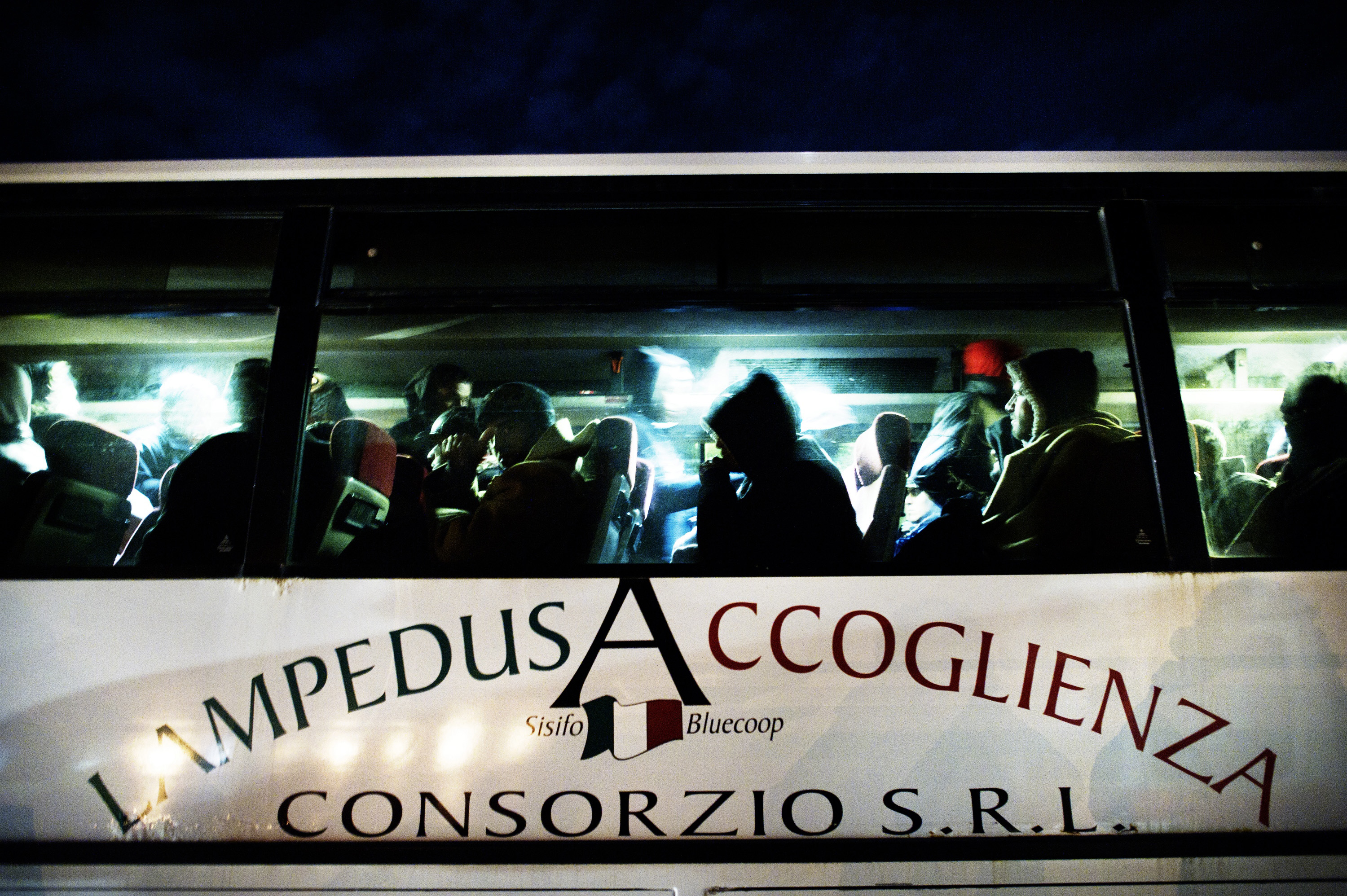
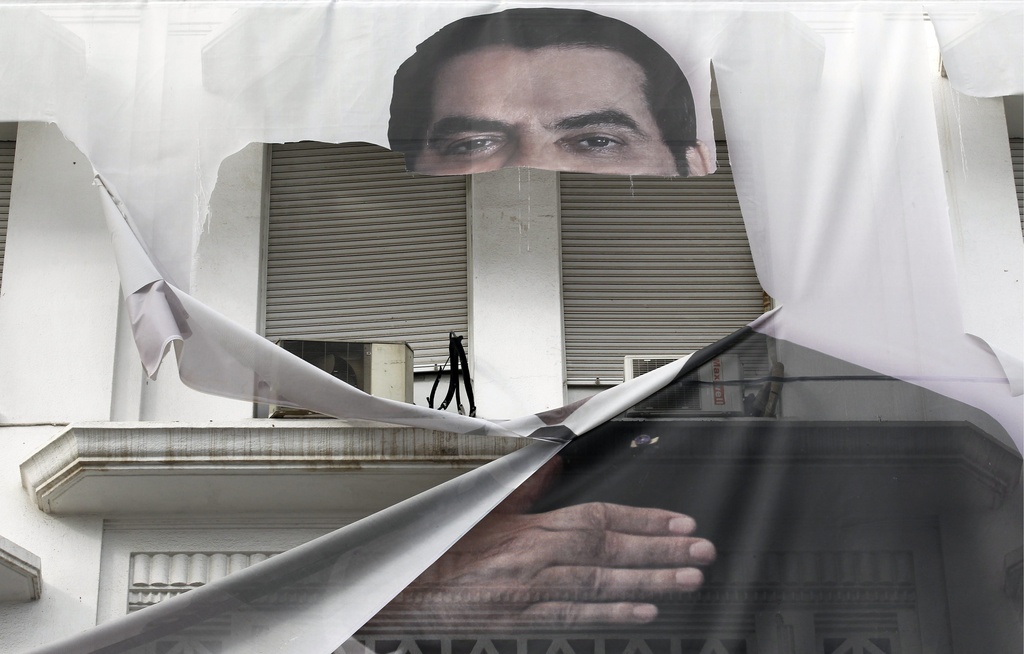
You can find an overview of ongoing debates with our journalists here. Please join us!
If you want to start a conversation about a topic raised in this article or want to report factual errors, email us at english@swissinfo.ch.